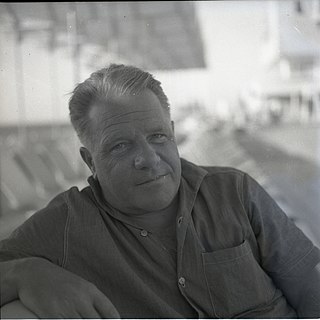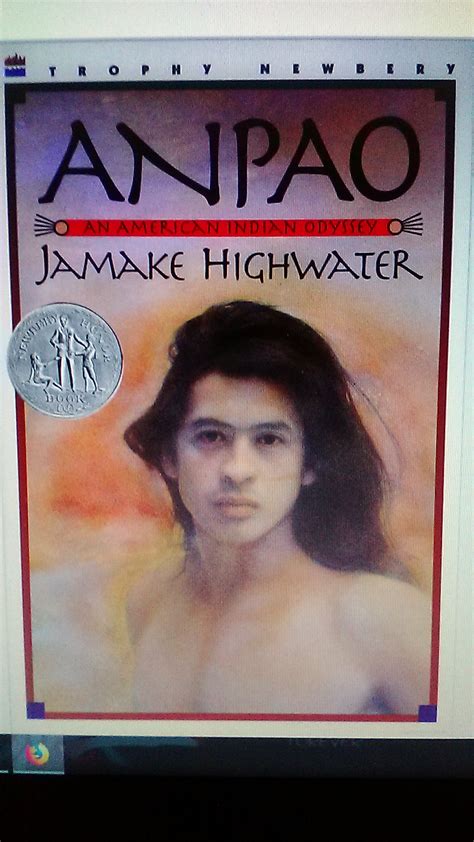A Quote by Lawrence Durrell
The effective in art is what rapes the emotions of your audience without nourishing its values.
Related Quotes
If you are an effective manager of your self, your discipline comes from within; it is a function of your independent will. You are a disciple, a follower, of your own deep values and their source. And you have the will, the integrity, to subordinate your feelings, your impulses, your moods to those values.
Art is not and never has been subordinate to moral values. Moral values are social values; aesthetic values are human values. Morality seeks to restrain the feelings; art seeks to define them by externalizing them, by giving them significant form. Morality has only one aim - the ideal good; art has quite another aim - the objective truth... art never changes.
Acting is bad acting if the actor himself gets emotional in the act of making the audience cry. The object is to make the audience cry, but not cry yourself. The emotion has to be inside the actor, not outside. If you stand there weeping and wailing, all your emotions will go down your shirt and nothing will go out to your audience. Audience control is really about the actor
Negative emotions will challenge your grit every step of the way. While it's impossible not to feel your emotions, it's completely under your power to manage them effectively and to keep yourself in a position of control. When you let your emotions overtake your ability to think clearly, it's easy to lose your resolve.







































